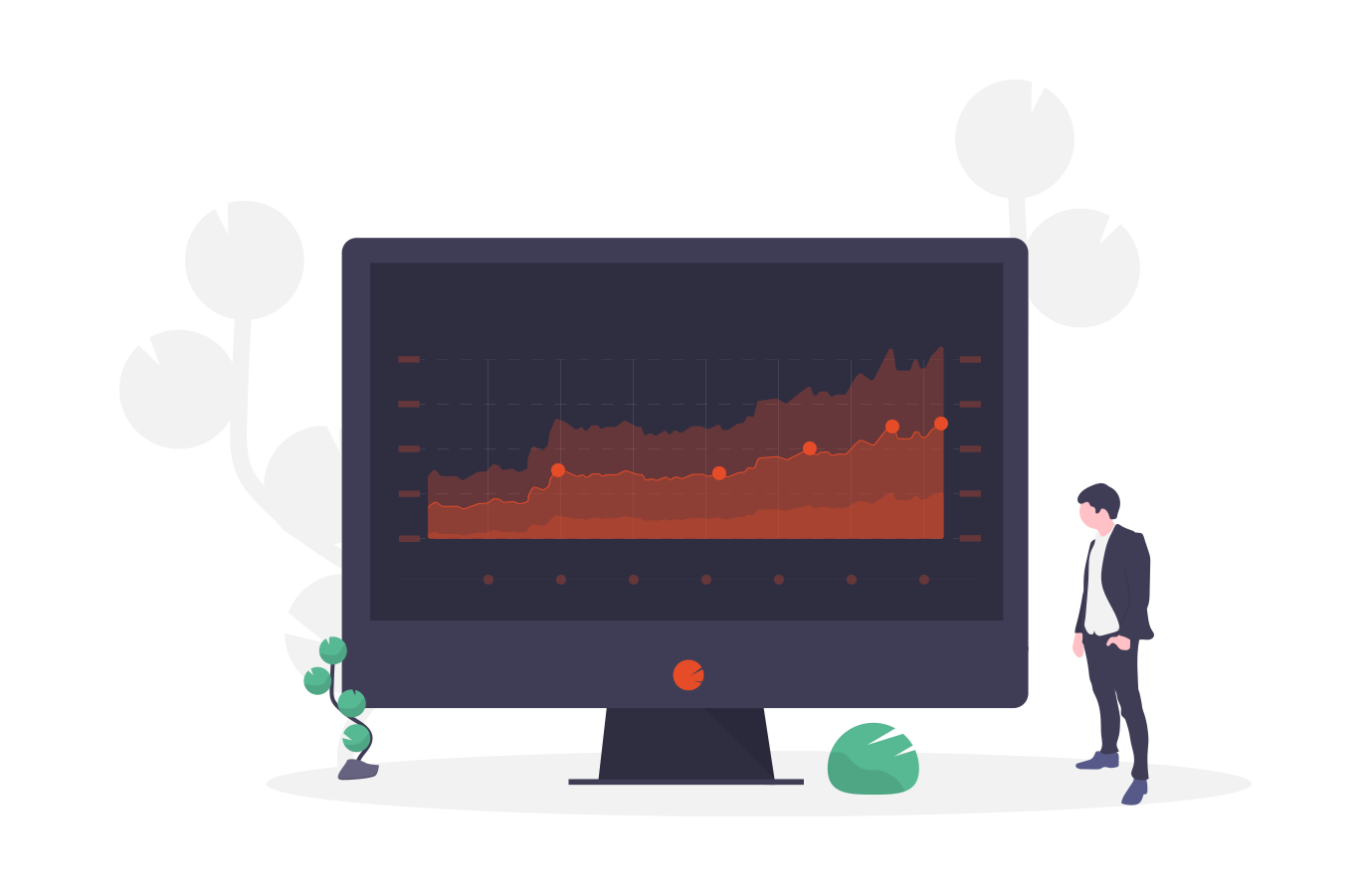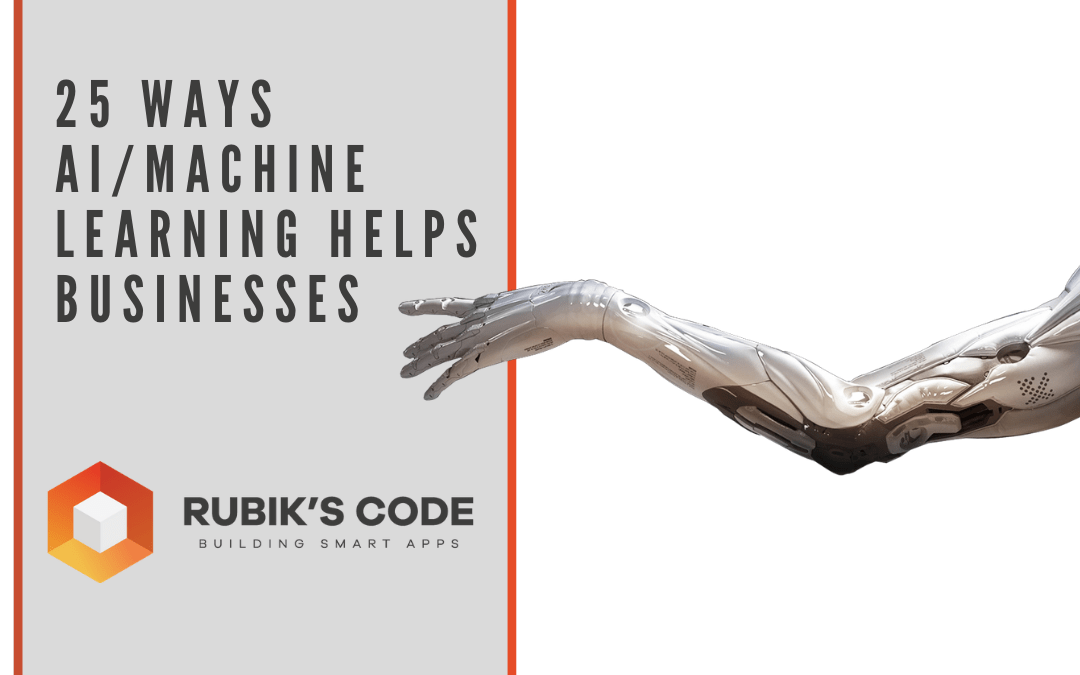Geoff Hinton worked for more than 40 years to get computers to learn like people. However, the computing powers were not big enough during his days. People wrote him off! The idea felt like an unrealistic ambition. Until… one… fine… day…
The emails could filter spam messages on their own…
The search engines could understand your search intent…
The OOT platforms could dish out your favorite genre automatically…
Are you afraid that AI might take your job? Make sure you are the one who is building it.
STAY RELEVANT IN THE RISING AI INDUSTRY! 🖖
Geoff was happy to find businesses harnessing AI and machine learning to improve the way they served their customers. “People finally came to their senses,” said the godfather of AI when he saw the world coming to his vision. And not far from there, it became an established fact that the businesses that handled data smartly and drew rich-full trends and patterns outclassed the competitors.
Should you focus on the buzzwords like AI and machine learning?
Apple. Amazon. Google. Netflix. Facebook. Snapchat. They have hands-on a plethora of data. But it’s as good as having a desert full of sand with no tractor by your side. Finally, it’s machine learning that gets them the sand out of the desert; it’s their powerful data analytics software that organizes their data and gives meaning to their efforts.
So the question is not should you focus on AI/ML, but it’s when you should focus on them— because it’s about time you have them for your business.

AI and ML applications for your business
If you’re wondering how AI and ML can serve your business, check out how they impact different industries:
Manufacturing sector
- Predictive maintenance: Heavy machinery and equipment are big safety concerns in manufacturing. A little negligence may lead to disastrous outcomes. But ML predicts equipment’s performance and ensures their efficiencies don’t go down. You also minimize the chances of failure with the data-backed prediction maintenance.
- Condition monitoring: Your machine’s condition needs an eye for detail. While it’s really baffling to consider all the conditions parameters, ML evaluates conditions such as vibration frequency and temperature with ease. It certainly helps with predicting machine faults and pushes for condition maintenance.
- Customer propensity to buy: You must be having a hard time determining the buying mood of customers. Triple the headache if you’re in manufacturing! Good for you, machine learning takes historical purchase data into account and predicts customers’ likeliness of buying your products.
- Demand forecasting: Manufacturing can get a dicey supply job if there’s no clarity in demand for you. You can deploy ML techniques to predict the number of products or services to be purchased in the future and manufacture goods at the given rate.
- Process optimization: Manufacturing processes depend on a large number of variables. It almost gets impossible for you to determine non-linear patterns with the naked eyes. But ML breaks complex data into non-linear patterns and fine-tunes the process operation of your company.
- Telematics: Vehicle telematic involves many underutilized data. It is one of the critical challenges with manufacturing. Fortunately, ML dives deep into the large databases and recognizes important patterns to help businesses act quickly. For example, data can determine the behavior of drunk or reckless drivers causing damage to your goods.

Retail industry
- Predictive inventory planning: Businesses with planned inventories save capital and seldom miss delivery deadlines. But inventory management is one heck of a task in retail. With ML, you won’t be working on intuition; instead, you’ll make data-backed inventory decisions.
- Efficient recommendation engine: Your customers don’t have worldly times. When they hit your website or application, they want the relevant product and content recommendations. ML learns about the likes and dislikes of your customers and gives ideal suggestions to save their time.
- Upsell and cross-channel marketing: It’s everyone’s dream to sell more with less marketing spend. The more you involve the human element to upsell and cross-marketing, the thinner your wallet gets. Here, ML understands about cross-channel behavior of your customer and caters to relevant products for higher average order value.
- Market segmentation and targeting: Segmentation is a crucial technique to take your products/services/marketing campaigns to the right audience. But segmenting and targeting is getting a bit tougher with endless people stepping on the internet together. So ML combines several logics to dish relevant markets for you.
- Customer ROI: Everyone starts a business to have an early return on investment. But the problem is: you might be spending huge with seemingly no ROI on the horizon. Again, ML turns customer data into useful insight and helps your business predict turnover and maximize ROI.

Healthcare industry
- Alerts and diagnostics: Many hospitals in the United States have unified machine learning to their system. The ML tools alert the staff of any health risks and diagnose the correlation between human behavior and health hazards.
- Disease identification: Machine learning tools capture millions of patients’ health reports and derive meaningful patterns for disease identification.
- Patient triage optimization: Grouping patients based on their illness severity is one of the old practices. Triage is like… sorting patients based on the likelihood of their survival. ML considers massive data in the account and sorts them for you to take special care of the patients.
- Proactive health management: As you know, reactive healthcare systems are big failures. Even patients are reactive instead of proactive in many places. But machine learning changes the way healthcare deals with any illness. It helps patients and hospitals understand their illness more and pushes for proactive measures.
- Sentiment analysis: What patients think of healthcare they receive and what their sentiments speak of doctors can help other in-clinic staff and patients make informed decisions. ML unifies all the tweets, reviews, and social media updates for you; identifies the gaps in your services; and assists you in making improved decisions.

Travel & Hospitality
- Power usage analytics: Analysing energy consumption with metrics such as energy use and costs should help you with sustainability performance in the traveling industry. You can then design standby power generation systems.
- Carbon emissions and trading: The computational resources in ML predicts carbon dioxide emission and its impact on tours and travel. “Yes, machine learning also has a carbon footprint,” but its problem-solving capacity outweighs the problem it’s a part of.
- Customer-specific pricing: Every customer wants personalized treatments, and most when they’re in a deep bargain with you. Machine learning algorithms are great for price valuation and determining how the customers react to your offers.
- Predictive analysis: The ML algorithm can detect the system’s anomalies and identify what deters your users from booking a room in hotel/or travel tickets. You can capitalize on this data by helping your potential customers find the best time to book their hotel or tickets.
- User experience management: Close to 38% of users abandon a website for poor user experience. Machine learning can actively learn from your customer’s interaction with the website, break down their journey into different stages, and optimize user-flow for a smooth experience when they’re booking their travels with you.

Financial services
- Risk analytics and regulations: As you look more into the risk assessment approach, the more you know how machine learning contributes significantly to risk mitigating applications. It uses current practices and empirical evidence to suggest risk mitigation steps.
- Algorithmic trading: Financial trading decisions are hard to make if you’re playing with plenty of data and variables. But ML-based solutions help companies make better trade decisions. The machine monitors trade results and real-time news for you to gain a headstart over the market average.
- Targeted financial advice: Your customers look for highly specialized and financial guidance. But you can’t break down their behaviors manually. Machine learning algorithms fodders actionable data such as spending patterns and areas of saving to your customers to make your services look personally guiding.
- Customer retention program: No one wants to have at-risk customers, and everyone wants to retain the selected few. But how do you divorce the wheat from the chaff? Again, machine learning helps you predict at-risk customers with its binary classification model and aids you with laser-targeted retention campaigns.

So are you having it yet?
It’s only a matter of time when machine learning differentiates big companies from regular “blown-away-in-the-first-spurt” kinda companies. You’ll be surprised to know 61% of businesses consider machine learning the most vital data initiative, and the AI-market will grow by 190 billion dollars by 2025. So why not be a part of these stats and lay a stairway for heavenly customer experience? Please note the use cases of AI/ML are not restricted to what I’ve mentioned! For example, you can use a customer retention program in all industries and not just finance.

Saurav Agarwal
Freelance Writing Contributor
Saurav Agarwal is a freelance writing contributor to tech and marketing companies, such as ScienceSoft and HuptechWeb. He has provided independent services for three years, and his write-ups focus on information and SEO needs without trading-off the entertainment element. When he is not writing, he’s busy exploring the worlds of determinism and free will.




